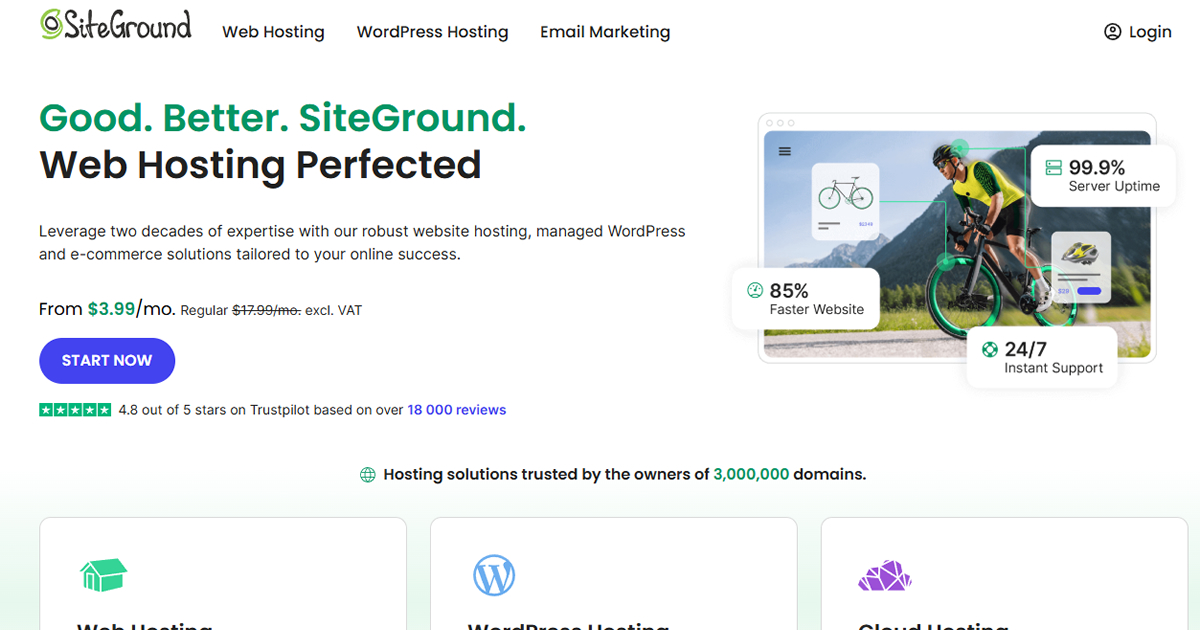The long-awaited PHP and WordPress version checks are finally coming to WordPress’ theme system. The change, which will be featured on WordPress 5.5, would prevent users from activating or installing incompatible themes. Users would need to run compatibility tests to know the themes that are compatible with their current version of WordPress or PHP.
According to most WP theme authors, this feature has long been on their wish lists, mainly the PHP version checking option. WordPress theme authors felt left behind after plugins authors gained the ability to support specific PHP versions with WordPress 5.2. Since that time, they’ve felt like “second-class citizens,” for always waiting while others got the shiny and new tools they wanted.
How Authors Fared Before the Change
Before this new development, the code required for handling manual version checks within specific themes was more complicated than with plugins. Theme authors had to cover all their bases if they wanted to verify their theme’s compatibility with a new WordPress version.
For users, they’d need to carry out WordPress theme compatibility checks only after switching themes. This verification process was done using two different methods that depended on the author’s version of WordPress.
Even with all the preparations, theme authors had no way of knowing if their attempts would work before trying to install and activate it. This manual work drained the quality of user experience when verifying their theme compatibility with their current WordPress version.
The ordeal held back several authors from making the transition to newer PHP versions. Many of them were stuck supporting PHP 5.2 for many years. Since PHP 5.6 is the minimum that WordPress supports, these authors were forced to start making the move to newer WordPress versions. However, very few of these authors have upgraded to PHP 7.
This new development from WordPress features a mechanism that lets users know when they need to upgrade their WordPress version to use a specific theme. Despite the change, some authors might prefer to stick with their older PHP versions since it supports a broader user base. Developers who are interested in switching to the newer models can now do so with the platform’s support.
How this Change Affects Users and Theme Authors
WordPress users browsing the theme directory will notice new information available to them for some of the themes. For example, the minimum requirements for the Twenty Twenty theme included:
- Version 5.2.4 or higher for PHP
- Version 4.7 or higher for WordPress
The admin interface has been changed, and WordPress will prevent any user from trying to activate or install an incompatible theme. The live preview feature for incompatible versions has been disabled. “Cannot Activate†and “Cannot Install†buttons would replace the usual installation and activation links, respectively.
WordPress also introduced two new required headers for authors to place in their style.css files. They are:
- A “Requires PHP†field
- “Tested up toâ€
These steps serve as the first stages of WordPress’ gradual phasing out of old codes. However, authors supporting earlier versions (from 5.4 and below) can keep using their old compatibility checks.
Need Help Finding the Right WordPress Hosting?
Picking an attractive theme and plugin for your website is great, but you need more for a successful website. You need to choose the right WordPress hosting that suits your needs, improves your SEO, and boost your sales.
We’ve created a comprehensive guide here to make things easy for you and solve your hosting needs once and for all. From our top picks – Kinsta to WP Engine, find the service that works best for you.
Also Read
About WordPress
The WordPress content management system allows users to create and maintain their websites without prior coding knowledge. It also provides a marketplace for WordPress plugin and theme developers to share their work for free or for pay. The first version was launched in 2003 as a simple hosting service for bloggers and has since grown into a powerful tool for creating websites.


